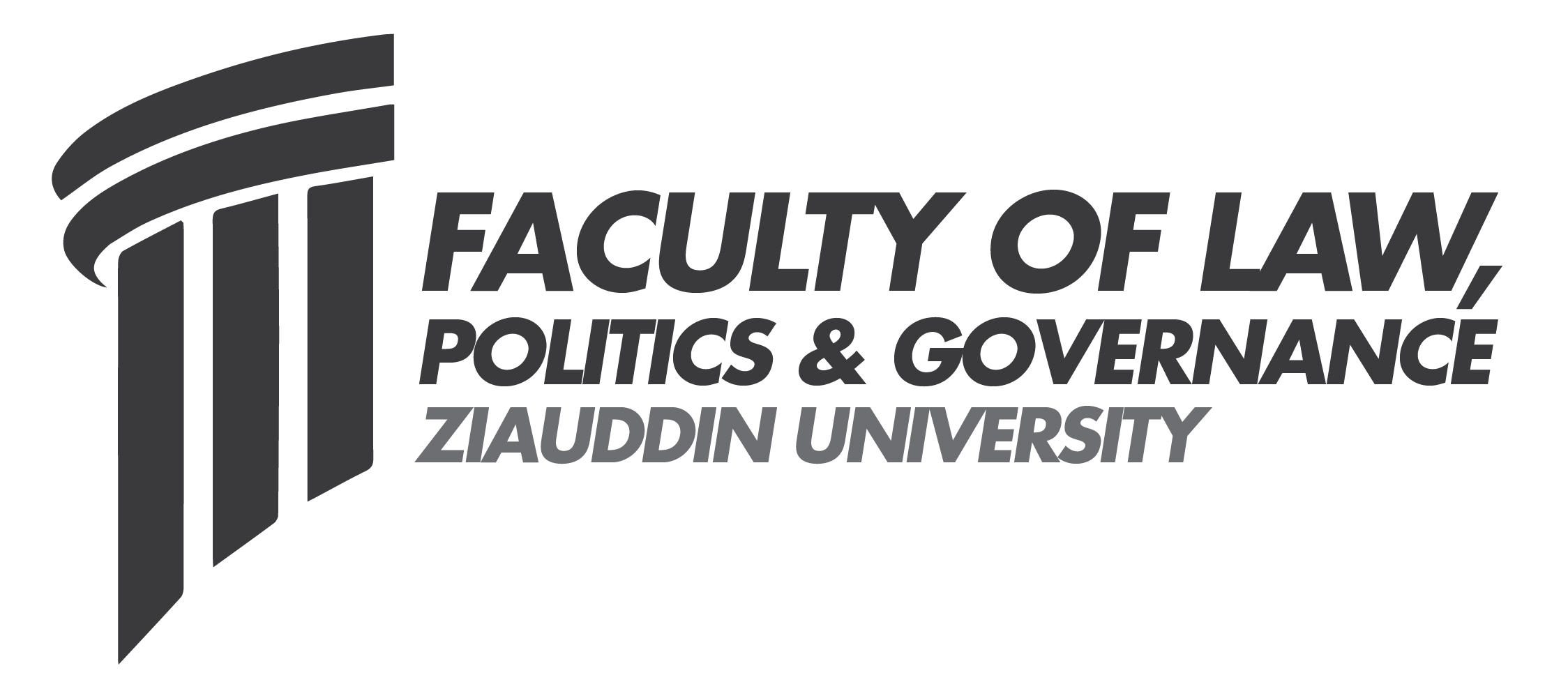Protection of Consumer Rights in Pakistan

Consumer Protection and Rights refer to the protection of buyers against a seller’s fraudulent means of selling their goods and services. These laws have been enacted to ensure that sellers do not engage in deceptive practises. The government imposed additional regulations on business firms to disclose more details about their products so that the consumer would be more protected and aware of the commodity that he is willing to purchase.
In 1985, the United Nations General Assembly adopted the following eight fundamental consumer rights for stronger consumer protection policies worldwide for the protection of consumers against dishonesty, fraud, and abuse:
1. The right to safety.
2. The right to choose.
3. The right to be informed.
4. The right to be heard.
5. The right to redress or remedy.
6. The right to service.
7. The right to environmental health.
8. The right to consumer education.
However, if a seller fails to provide the goods or services that were offered to the buyer. He would be liable to indemnify the buyer with certain compensations under the Consumer Protection Act.
Consumers are the most important aspect of every market. The Sindh Consumer Protection Act, 2014 gives out provisions for the consumer protection against the seller’s liability for defective products under Section 4 that states (1) The manufacturer of a product shall be liable to a consumer for damages proximately caused by, a characteristic of the product that renders the product defective when such damage arose from a reasonably anticipated use of the product by a consumer. (2) A product shall be defective only if there is a defect in design, construction because of adequate warning and does not conform to an express warranty. Similarly, Section 10 states that where the consumer has not suffered any damages from the product except the loss of utility, the manufacturer shall not be liable for any damages except a return of the consideration or a part thereof and the costs.
In today’s digital world, many online scams occur every day, but hardly any of them are reported or the victim gets compensated. Previously, in November 2020, a young YouTuber ordered a drone from DARAZ. When he received the package, the seller delivered only waste newspapers in the box; exposing the fraud. The question here arises: who committed the fraud and who was to be blamed? Was it Daraz ? Or was it the vendor who had been selling on Daraz? After that they upload that video on social media and it goes viral. Furthermore, as his video went viral on social media, he did receive compensation from Daraz. They compensated them with proper kits of vlogging and drones.
In today’s digital world, many online scams occur every day, but hardly any of them are reported or the victim gets compensated.
As another example, big supermarkets have been accused of overpricing and defrauding clients through a Ramzan discount offer. Manipulation of product weight and deception of customers seem, by all accounts, to be really far-reaching nowadays.[1] Corruption is ingrained in all levels of society, from small vendors to big superstores. All they worry about is putting more money in their pockets by raising rates. And, strangely, it is they who are offended when they are recognized.
It’s worth noting that the same superstore has previously been chastised for a variety of reasons. Imtiaz Supermarket had recently been fined by the inspection team for the store’s poor hygienic condition and for selling expired goods and meat. The market was indeed at the center of attention in 2018 for selling expired and counterfeit goods. Last year, regulators shut down many Imtiaz Super Market locations around the country for violating COVID-19 SOPs. Also, it doesn’t create the impression that the situation will change much in the coming years without any strict inspections of products every month.
Procedure for Filing a Consumer Complaint before Consumer Courts:
If you encounter any fraud as mentioned above, then file a complaint with their market and, if they do not respond, then lodge a complaint in consumer court. One might be thinking, what is the procedure for filing a complaint or claim in order to obtain relief or compensation? According to the Consumer Rights Commission of Pakistan (CRCP), a consumer may file a case or claim before the Consumer Court, which is headed by the District and Additional District Session Judge.
Steps for Filing a Consumer Complaint:
1. Legal Notice to Service Provider for 15 Days:
a. Legal notice should be served to the manufacturers/sellers of the product(s) as well as to the service provider about the defective product.
b. There is a 30-day filing deadline (from the emergence of a cause of action) in the consumer court.
c. Serving a 15-day legal notice is a prerequisite for filing a claim in Consumer Court.
2. Complaint from a Consumer.
If the matter is not resolved through legal notice, then the consumer may file a case or claim on plain paper for a redress of his/her grievance before the Consumer Court within the subsequent fifteen days.
It is important to note that there is no court fee for filing a claim in Consumer Court. It’s totally free of charge[3]. The best part is that no lawyer is required to overcome the fraud, meaning thereby, you can file a complaint yourself on plain paper to the service provider.
To sum up, online deception and claims of defective products can be controlled by spreading awareness about consumer rights and the legal remedies provided by law to citizens. In this way, strict regulations will be put into place against fraud, which will help decrease consumer fraud in our country and, ultimately, provide protection to consumer rights.
References:
[1] Zehra Batool. April 13, 2021. https://www.parhlo.com/imtiaz-supermarket-under-trouble-once-again/
[2] THE SINDH CONSUMER PROTECTION ACT, 2014. http://www.pas.gov.pk/uploads/acts/
[3] Guidelines for Consumers, https://pcpc.punjab.gov.pk/faq
The writers are first-year law students at ZFL.
Email: [email protected] and [email protected]
Published in ZU-BLAWGS, January 9th, 2022

